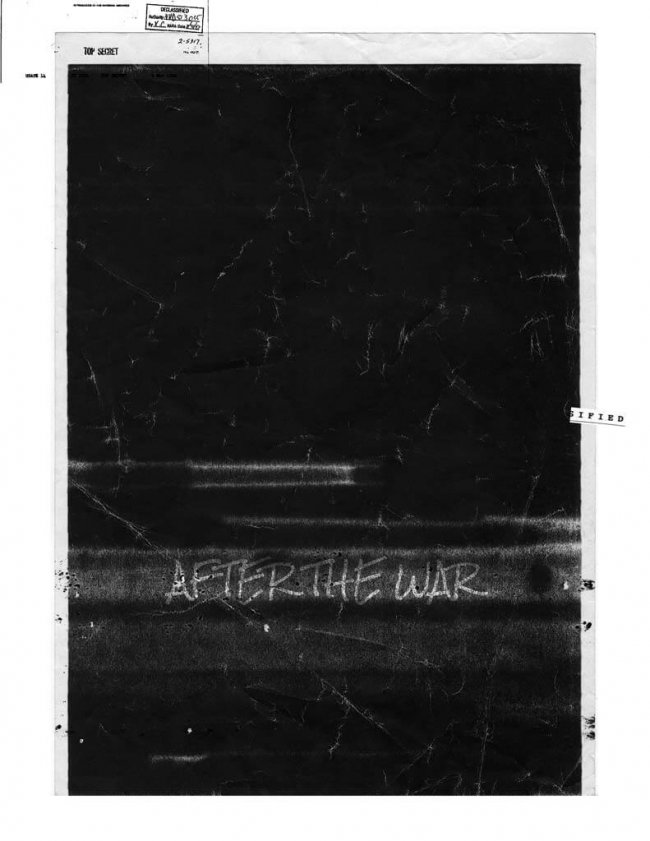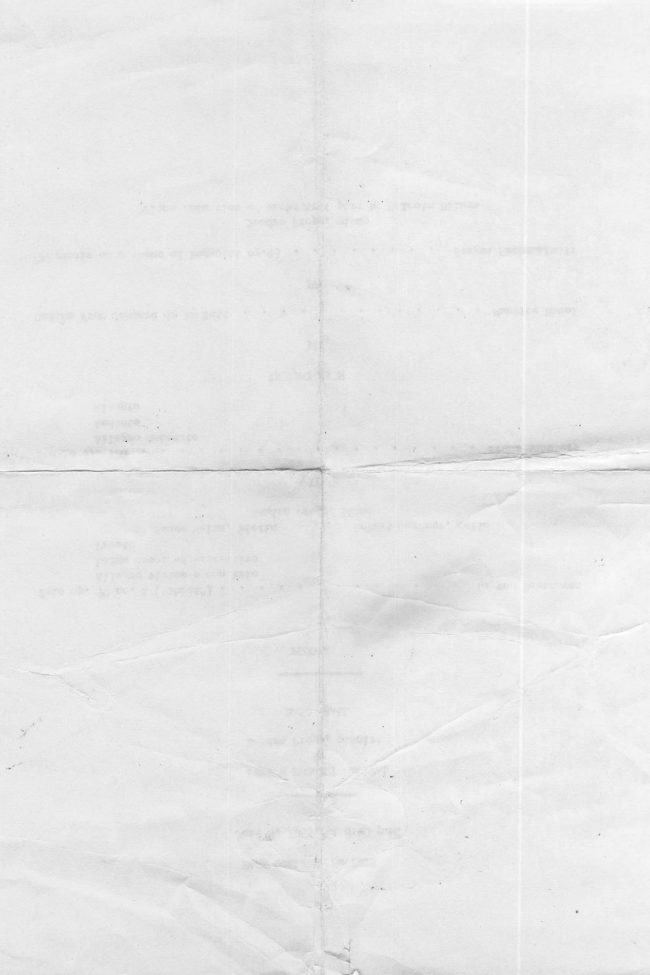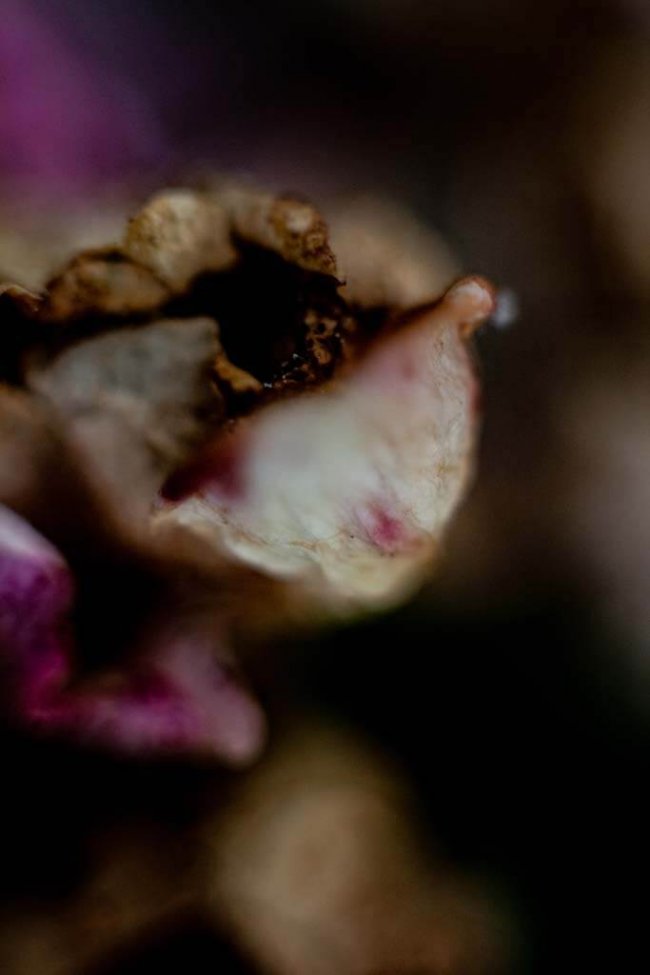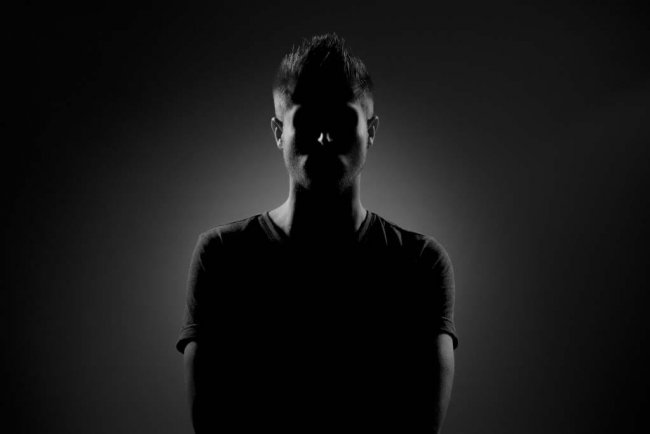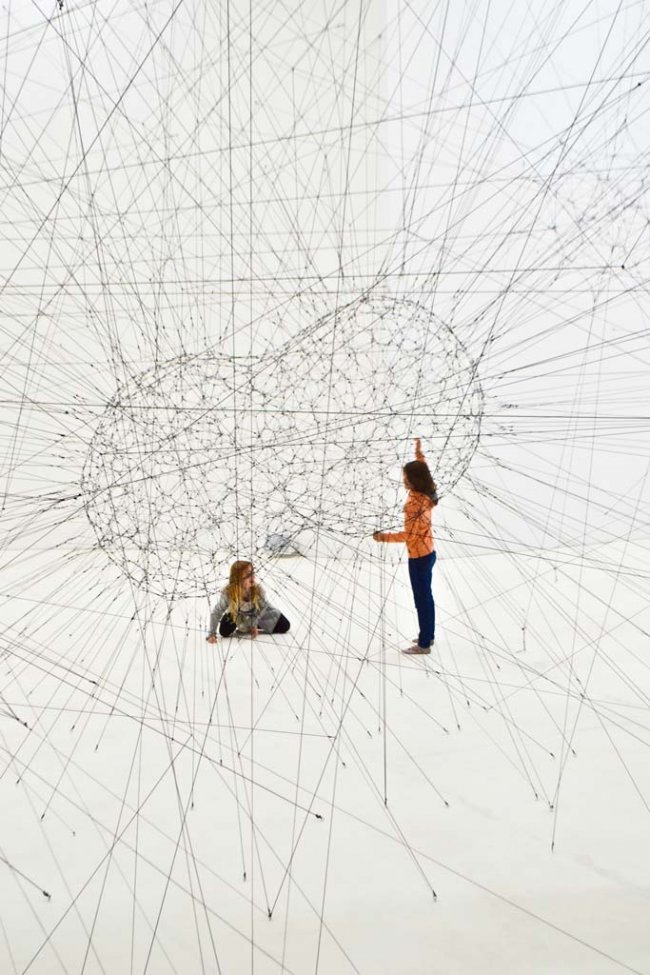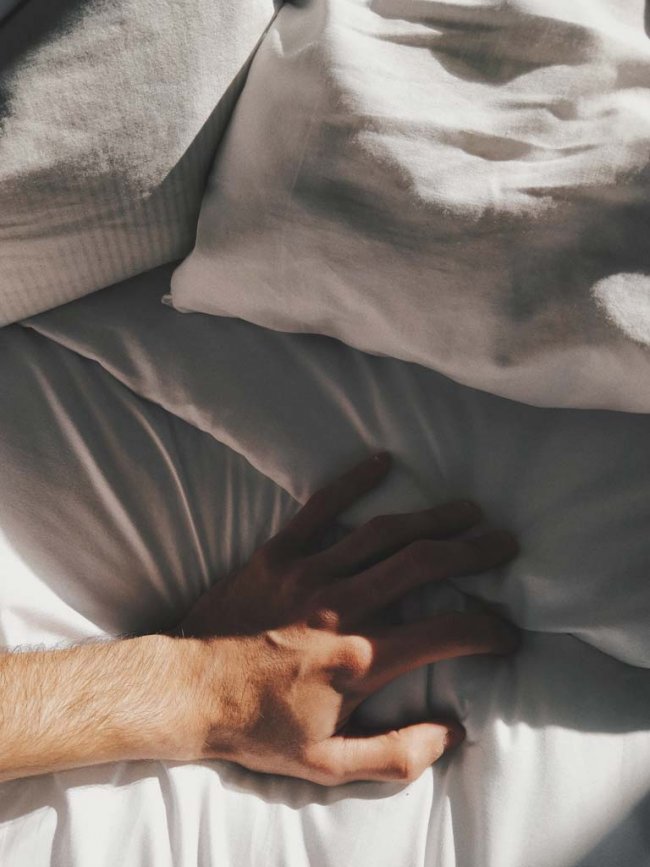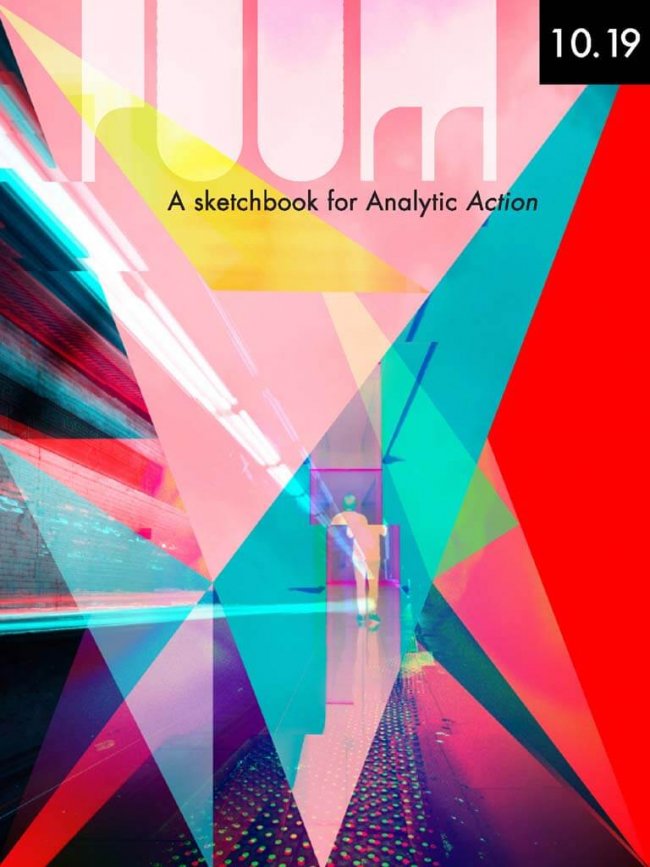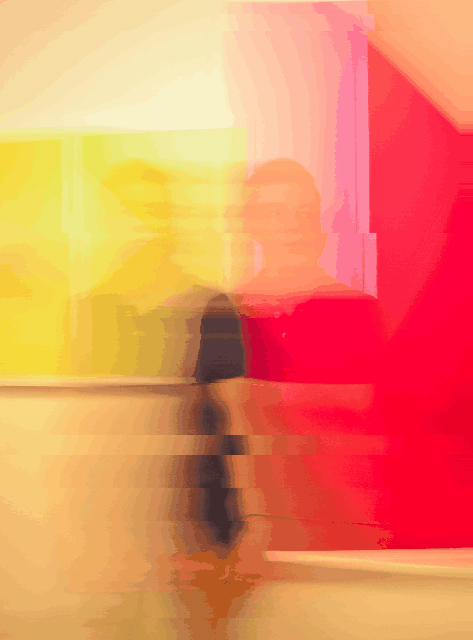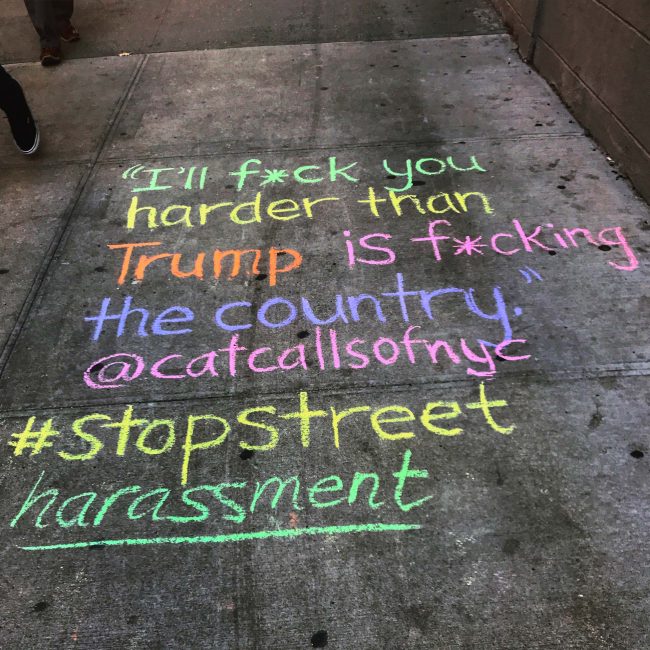The term “analytic action” assumes new complexity when we use it to enhance meaningful discourse about our unsettling and turbulent political reality. It opens doors to the possibility of kindling a deeper connection to parts of our psychoanalytic heritage, such as Freud’s free clinic movement. It brings to mind concerns expressed by early psychoanalysts Otto Fenichel, Wilhelm Reich, and Erich Fromm about the way sick societies produce troubled minds. Most importantly, it introduces two pressing questions. First, what issues occurring outside the consulting room demand analytic action? Second, what renders “action” outside the consulting room “analytic”?

